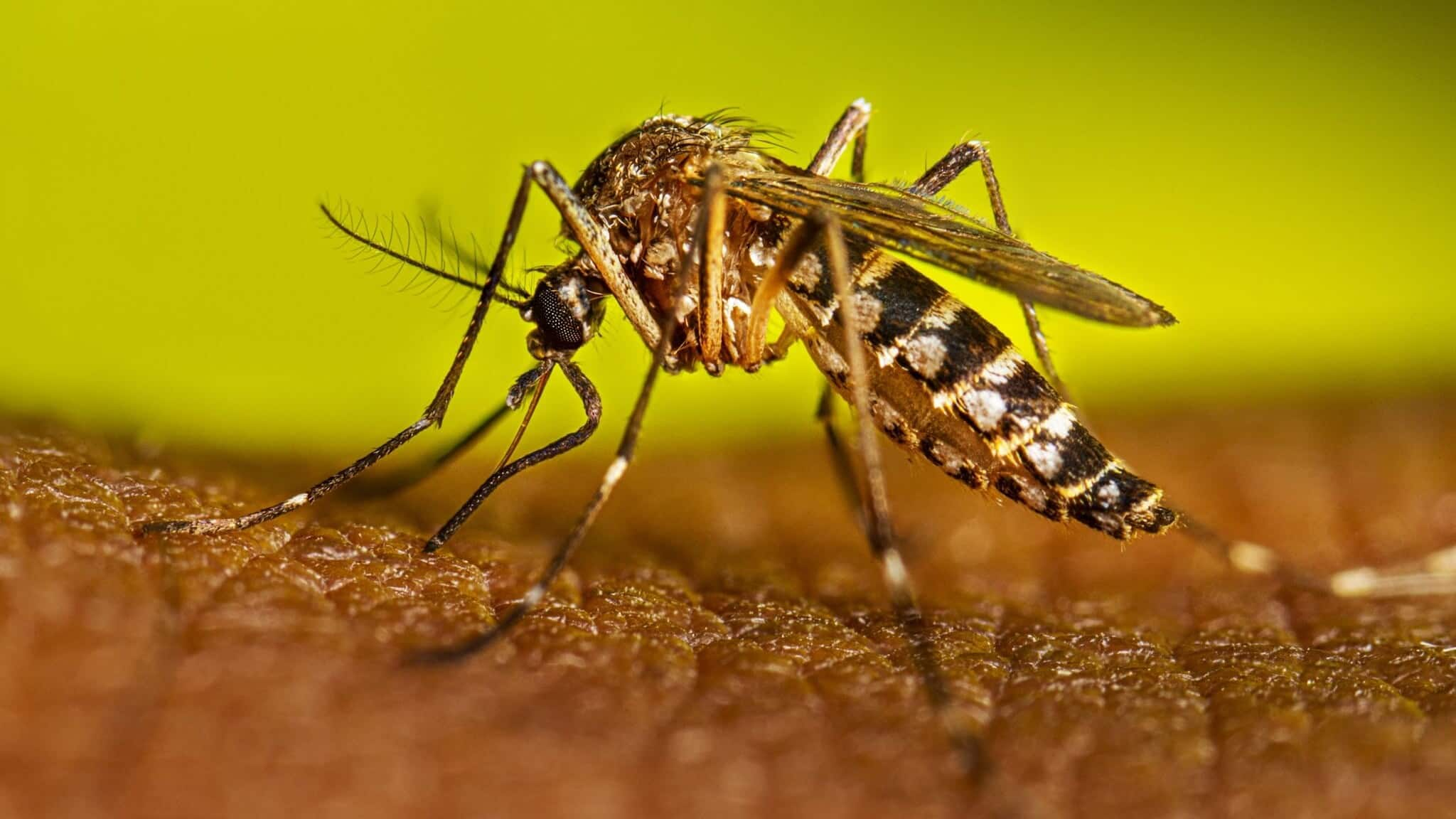
Scientists say making mosquitoes deaf could help fight dengue
What's the story
A team of scientists from the University of California has found a novel way to fight diseases such as dengue, yellow fever, and Zika.
The idea is to genetically modify male mosquitoes to make them deaf, preventing them from mating and reproducing.
The plan focuses on Aedes aegypti mosquitoes, notorious carriers of viruses that infect around 400 million people every year.
Mating disruption
Genetic modification disrupts mosquito mating
In their experiment, the researchers modified a genetic pathway that male mosquitoes use for hearing.
The outcome was that these genetically modified males did not make any physical contact with females, even after three days in the same cage.
This is crucial as female mosquitoes are the ones that transmit diseases to humans. Hence, preventing them from reproducing could help reduce their overall numbers and curb disease transmission.
Protein targeting
Genetic modification targets essential hearing protein
The scientists targeted a protein called trpVa, which is essential for hearing in mosquitoes.
In the genetically modified mosquitoes, neurons responsible for sound detection did not respond to the flight tones or wingbeats of potential mates.
This was different from non-mutant males who were quick to copulate and fertilized nearly all females in their cage.
The researchers described the effect of this gene knockout as "absolute," as mating by deaf males was completely eliminated.
Expert opinion
Expert views on the research
Commenting on the research, Dr. Joerg Albert, a mosquito mating expert from the University of Oldenburg in Germany, told BBC that targeting the sense of sound is a promising approach for mosquito control but requires further study and management.
"The study provides a first direct molecular test, which suggests that hearing is indeed not only important for mosquito reproduction but essential," he said.
Alternative strategies
Other methods to control mosquito-borne diseases
Another strategy being explored is releasing sterile males in areas where there are pockets of mosquito-spread diseases, according to Albert.
This could potentially help reduce the overall number of disease-carrying mosquitoes.
Despite being disease vectors, mosquitoes also play a crucial part in the food chain, serving as food for fish, birds, bats and frogs. Some species are also important pollinators.